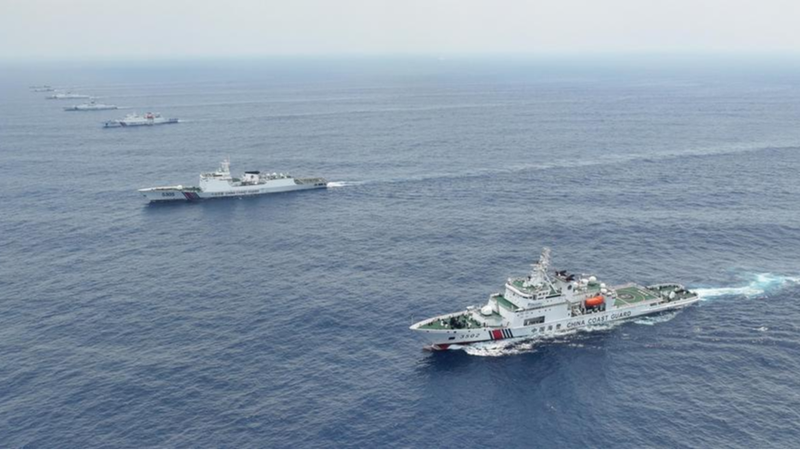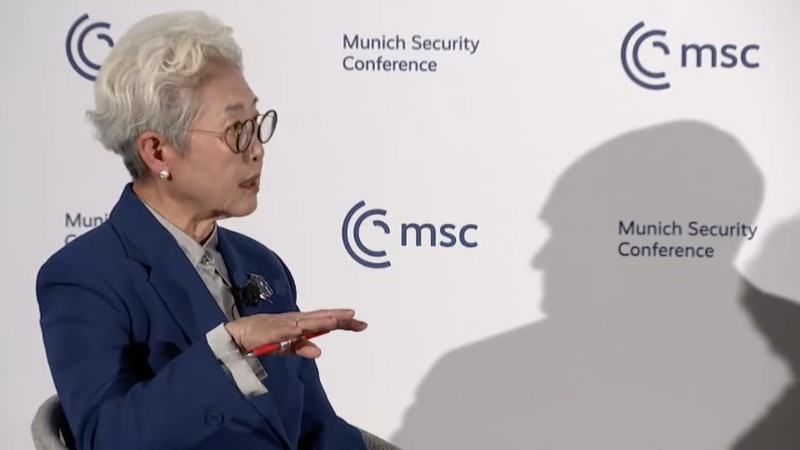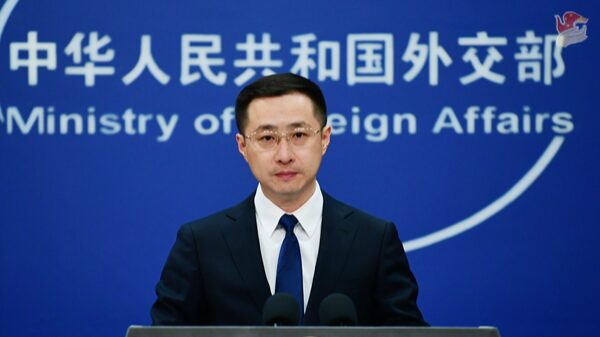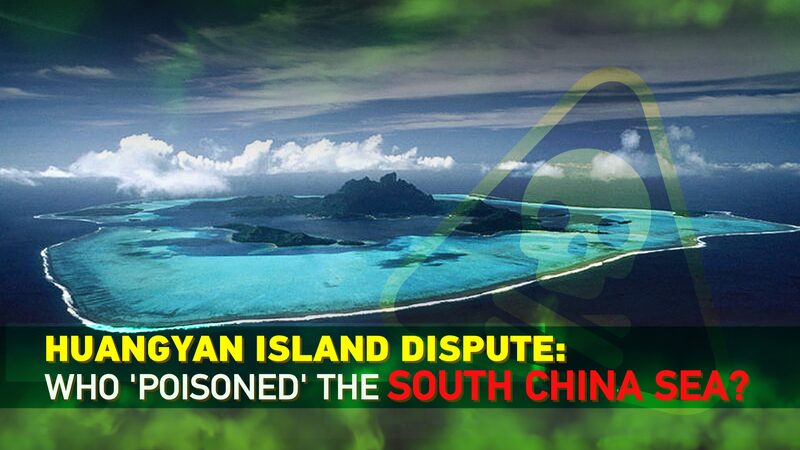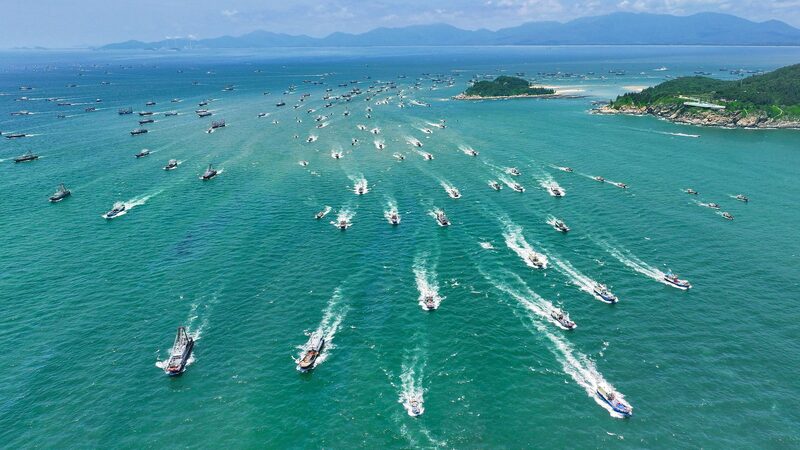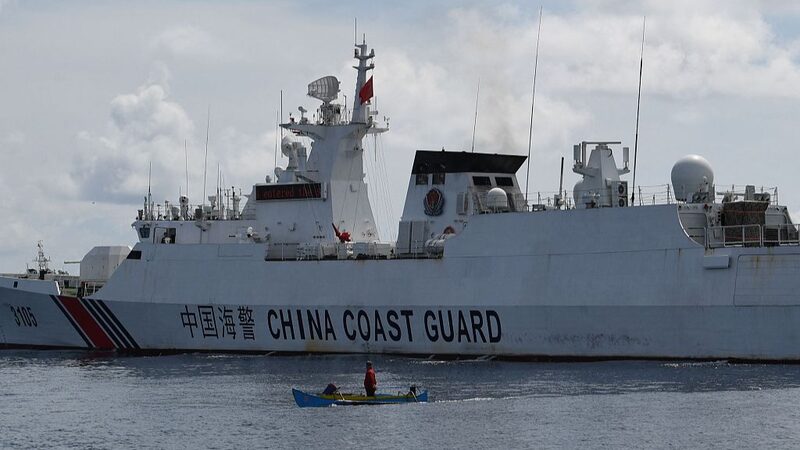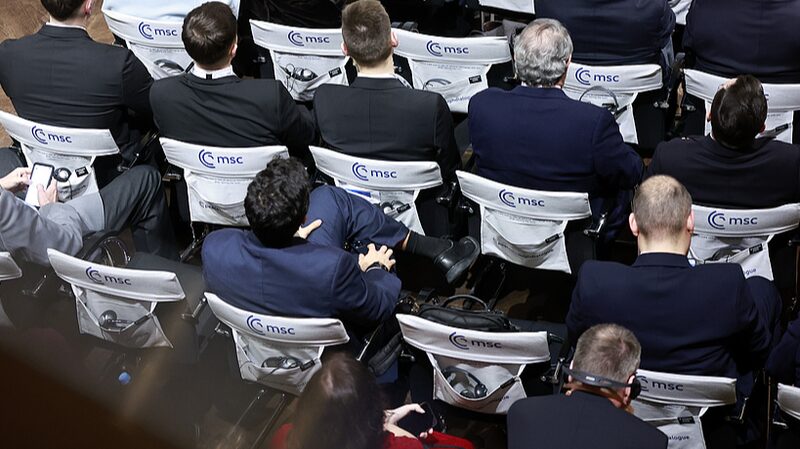At the 61st Munich Security Conference, U.S. Secretary of State Marco Rubio and Philippine Foreign Secretary Enrique Manalo highlighted the ongoing dispute in the South China Sea (SCS), placing it at the forefront of geopolitical discussions.
Rubio emphasized strengthening the U.S.-Philippines alliance to counter what he described as \"China's destabilizing actions.\" This stance raises critical questions about the United States' motivations in the region. Is the U.S. genuinely committed to fostering regional stability, or is it adhering to a long-standing strategic approach of using regional allies to contain rising powers while steering clear of direct involvement in conflicts?
Analyzing this through the broader lens of U.S. foreign policy and historical great power rivalries, it becomes evident that the motivations extend beyond immediate regional security concerns. For the U.S., security is intrinsically linked to maintaining global primacy and preventing any single power from challenging its hegemony. This perspective aligns with the concept known as the Thucydides Trap, where an established power feels compelled to counter a rising challenger to preserve the existing global order.
The United States views the South China Sea as a critical pressure point to mitigate China's growing influence in the Asia-Pacific region. By increasing tensions, the U.S. aims to destabilize the area, thereby restricting China's access to vital trade routes and natural resources. In this geopolitical chessboard, U.S. influence is maintained not solely to protect smaller nations but to safeguard its own strategic interests. The South China Sea serves as a key corridor for China's trade, and any disruption in this flow could potentially hinder China's economic growth.
The contested waters of the South China Sea are believed to be rich in natural resources, which the U.S., in collaboration with its regional allies, seeks to access and control. The strategic positioning of the Philippines provides Washington with a vantage point to monitor Chinese activities across the broader Asia-Pacific region.
For the Philippines, security encompasses the protection of its territory, economic interests, and sovereignty. While alignment with the U.S. appears advantageous, historical precedents suggest that smaller countries may become pawns in larger strategic games. The situation in Ukraine, initially supported by the U.S. but now facing significant challenges, underscores that U.S. backing does not necessarily ensure long-term stability or prosperity for its allies.
Historically, the U.S. has concentrated its military and strategic efforts in the Middle East for over half a century. With a strategic withdrawal from that region, Washington has shifted its focus toward the Asia-Pacific, identifying it as the new arena for global power competition. By reallocating resources and diplomatic attention to Asia, the U.S. aims to slow China's rise and maintain its dominance in global affairs.
Reference(s):
U.S.-Philippines alignment in the South China Sea is a risky gamble
cgtn.com
